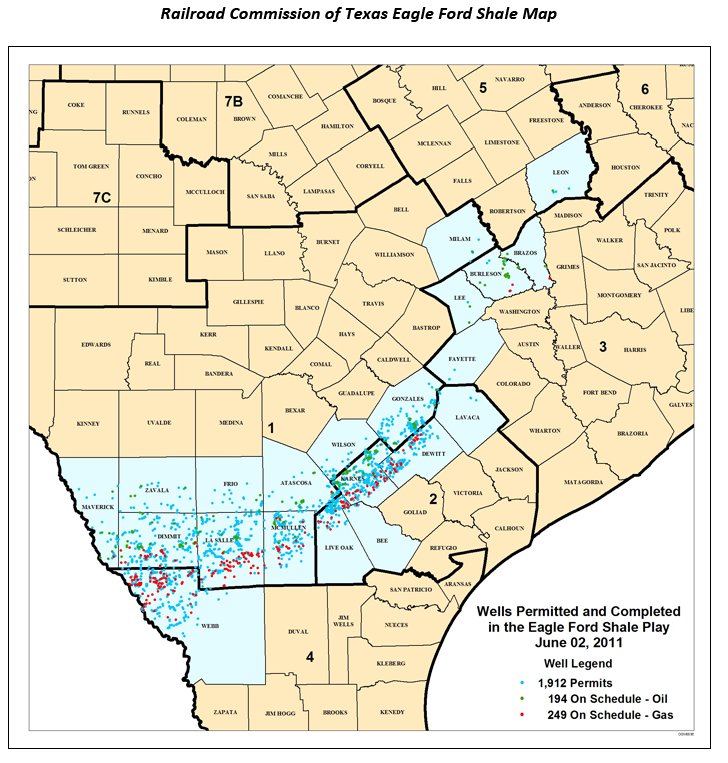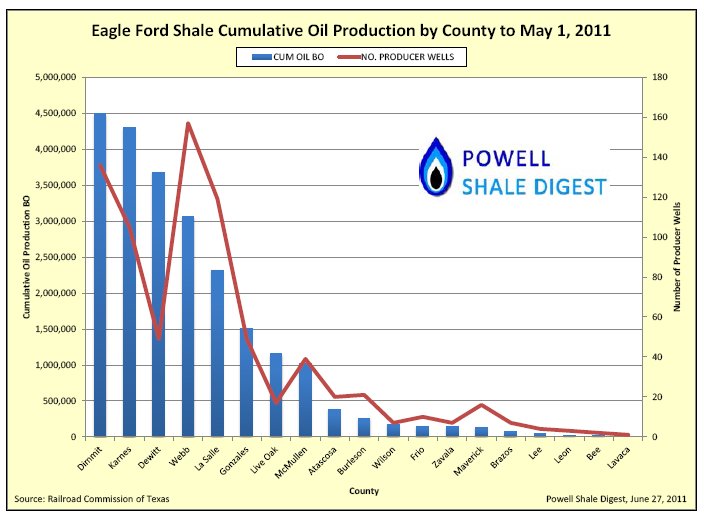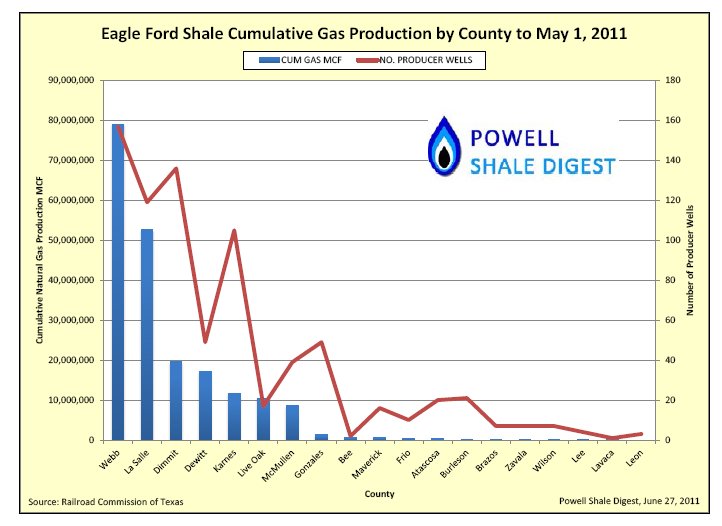Josh Fox’s movie Gasland has been nominated for an academy award for best documentary. Gasland, widely criticized by the oil and gas industry, alleges that hydraulic fracturing is the cause of contamination of underground water resources across the country. (See my previous post about controversy surrounding the movie here.) The nomination, and the Fox’s movie about the alleged dangers of frac’ing, have made him into a celebrity.
In response to the Oscar nomination, Energy in Depth, a website sponsored by oil and gas associations including the Independent Petroleum Association, Texas Independent Producers and Royalty Owners’ Association, the Independent Oil & Gas Association, and Colorado OIl and Gas Association, has published a letter (Energy In Depth letter.pdf) addressed to the Academy of Motion Picture Arts and Sciences. In the letter, Energy in Depth calls the film an “expression of stylized fiction” not meeting the Academy’s criteria for a documentary. The letter says that the movie misstates the law and the rules, mischaracterizes the frac’ing process, and “flat-out makes stuff up.”
Josh Fox does not take this lying down. He has published a detailed rebuttal of Energy in Depth’s letter. Josh has own his own website, www.gaslandthemovie.com, and his own facebook page about the movie and the frac’ing debate, and he was even awarded the Yoko Ono “Grant for Peace.” Clearly, he is enjoying his celebrity. Josh’s rebuttal is no small refutation. It runs to 38 pages and contains responses from his “amazing team of experts,” including Ron Bishop, PhD, lecturer in chemistry and biochemistry at SUNY Oneonta, Anthony Ingraffea, PhD, the D.C. Baum professor of engineering at Cornell,and Weston Wilson, a retired EPA engineer. Energy in Depth’s letter to the Academy is not likely to lessen Josh’s time in the limelight and may actually increase his chances of grabbing that Oscar.



 Oil and Gas Lawyer Blog
Oil and Gas Lawyer Blog

